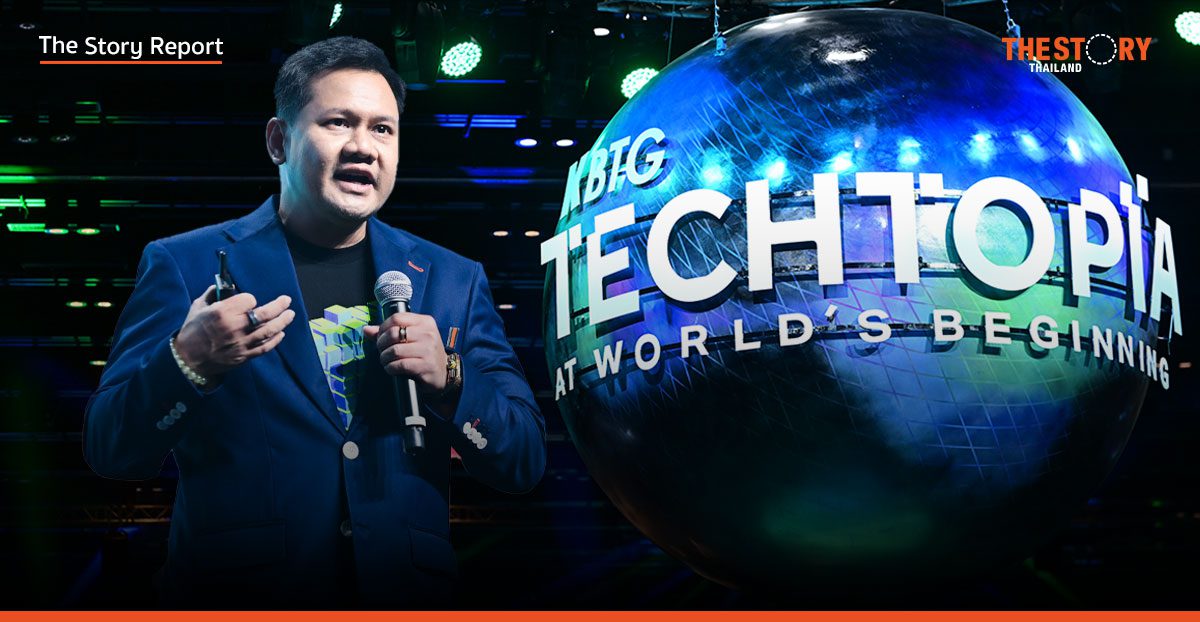Customer engagement a priority; lower prices, better deals for food shops
A new food-delivery app is about to be launched in Thailand that will aim first of all to engage with customers before generating revenue.
- Thai venture capitalists grow more cautious
- From e-book business to Thailand’s largest digital-content ecosystem
- COVID-19 drives digital transformation
It will be called Robinhood, the name of the legendary hero and outlaw in medieval England who “robbed from the rich to give to the poor”, and it marks the emergence of Siam Commercial Bank (SCB) as a builder of digital ventures in the food industry.
Thana Thienachariya, the chief marketing officer of SCB and president of Purple Ventures, the bank’s new startup, told The Story Thailand that Robinhood was “expected to materialize” sometime in August, and would feature about 10,000 food shops at its official launch.
Purple Ventures is in the process of being legally incorporated as a startup under SCB 10X, which positions itself as a venture builder under the SCB umbrella.
Thana said SCB decided to develop Robinhood in a bid to prevent Thailand from being dominated by foreign platforms.
“We don’t aim to become the No. 1 player, but at the very least, we hope to give a new choice to consumers in Thailand,” he said, “With an additional player, competition will increase and prices will generally drop.”
Robinhood aims to benefit customers, food shops
Thana said small-scale food shops that joined the Robinhood platform would not be expected to share gross-profits, so as to ensure that they neither reduced food portions nor charged more for delivered food.
“Restaurant chains, on the other hand, will be asked to share up to 10 per cent of gross profits, but that amount of money will be translated into discounts for customers,” he said,
“If our app users order food from nearby shops, we may even waive delivery fees”.
Robinhood will also accept cashless payments via SCB Easy or credit cards. This feature will be popular at a time when society is concerned about COVID-19 infections and people are minimizing the need to physically handle cash.
“The cashless feature will also mean that food shops will get payments from Robinhood within one hour,” Thana said.
Customer engagement before profits
Thana disclosed that SCB’s Chief Executive Officer Arthid Nanthawithaya floated the idea of developing Robinhood after becoming a frequent user of food-delivery services during the COVID-19 lockdown. The idea is in line with SCB’s vision that customer engagement should be given priority over profit-making.
“We should solve consumers’ problems and establish good relationships with them before trying to do a business with them,” he said.
He pointed out that JOOX, the biggest music-streaming app in Asian markets, did not focus on revenue generation when it was first launched. In the beginning, JOOX aimed at attracting as many music listeners as possible and conducted revenue-generating activities later.
“We will use a similar approach,” Thana said, disclosing that Robinhood might, in the future, offer loans to its partners and develop a platform for “cloud kitchens”, which are commercial food-preparation facilities that have no dine-in facilities and accept orders only through online ordering systems. Over time, Robinhood may also recruit partners that supply ingredients at a cost but offer free deliveries.
Thana said that when Robinhood offers lower costs to food shops, more restaurants will think of similar schemes. With the lower costs and very likely cheaper food prices, consumers will also think first of Robinhood. As such brand preferences grow deeper, people will also tend to think of SCB when they consider banking services.
Thana believes that when existing food-delivery platforms grow popular, they might want to engage in lending services. “So as a bank, SCB believes it should step into other fields as well, on the basis of customer engagement,” he said.











